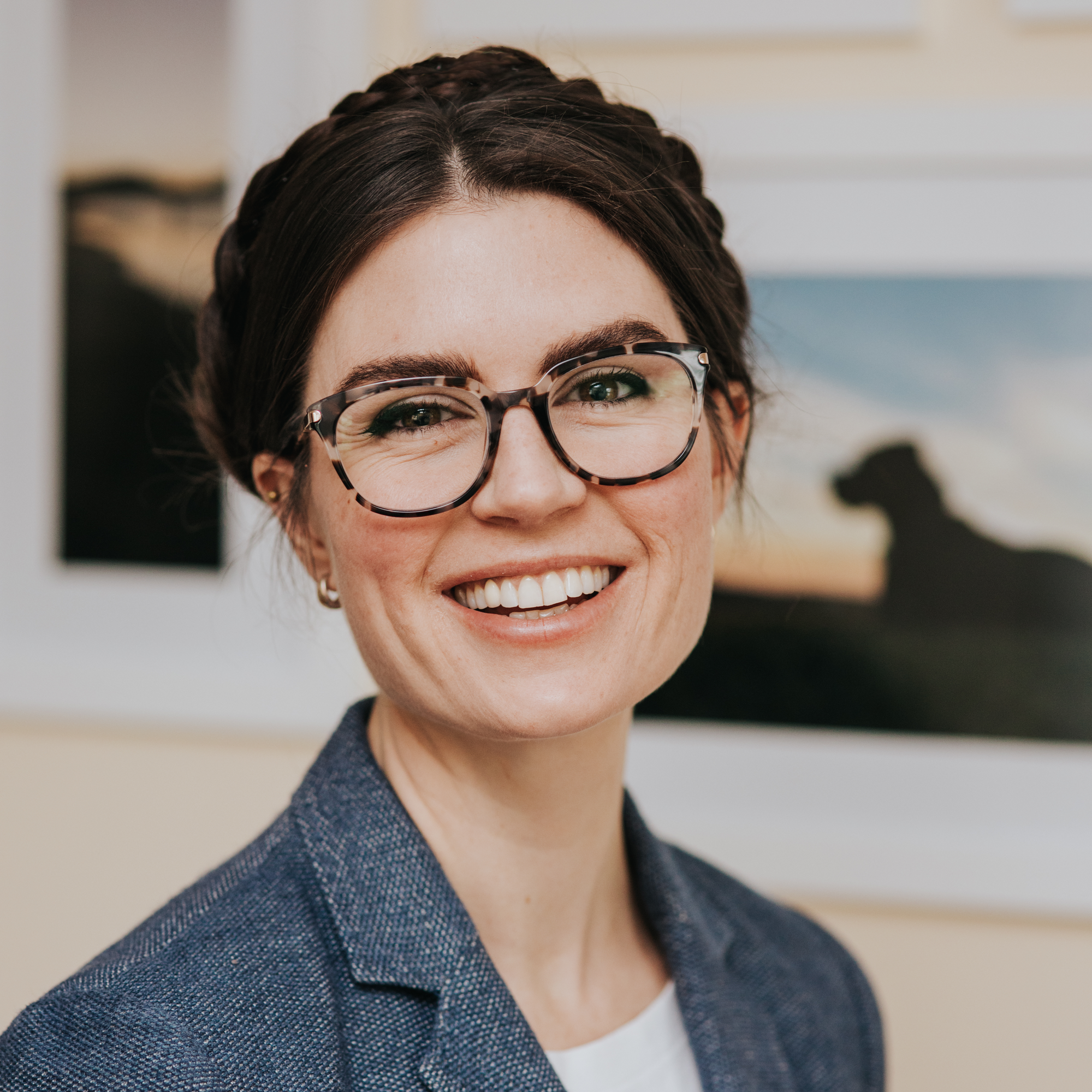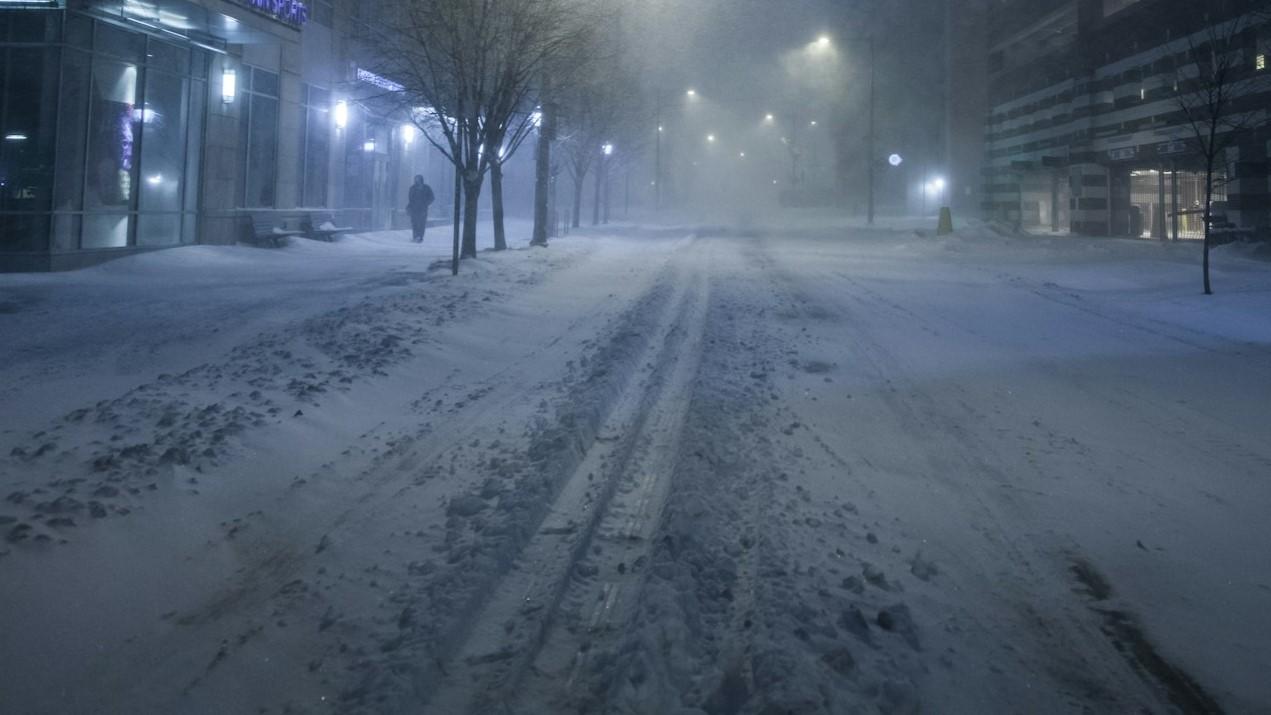
- September 13, 2023
- City Administration
Every year municipal governments spend millions of dollars buying goods and services, typically spending one-third to one-half of a city’s budget on procurement. The massive spending power of local officials is an important lever for various goals; for example, a city interested in increasing racial equity can look at purchasing from minority-owned businesses. Local procurement took on new, acute importance during the COVID-19 pandemic when the purchasing and distribution of masks, respirators, vaccines, and personal protective equipment became the responsibility of local procurement officials.
Despite its importance, the procurement process can be tedious, confusing, and lengthy — for potential vendors and for government staff. The Government Performance Lab (GPL) at the Harvard Kennedy School has worked with cities and counties across the country on procurement reform, including launching the free, online Procurement Excellence Network and providing technical assistance to governments to help make-over procurement systems.
In Charleston, South Carolina, GPL staff Tomás Aponte and Lars Benson spent a year working with the city on a key procurement challenge: inefficiencies resulting from a low purchasing threshold. Simply put, any project or service that would cost more than $40,000 required a formal RFP and bid process with council approval, which could take months to complete.
Matt Frohlich, the deputy chief financial officer for Charleston, highlighted this issue when his team conducted a review of procurement policy. For a rapidly growing city, this low threshold presented a significant lag on projects, and other departments were frustrated that the process took so long. While Frohlich reported that internal stakeholders had been surveyed and “everyone wanted it to go up,” the council was hesitant to make a change. A scan of peer cities revealed that the $40,000 threshold for council approval was lower than most. The gap had only widened by the time the GPL started working with the city on this project in July 2022.
According to research from the GPL, many other cities set the threshold for competitive procurement around $100,000. Such a change in Charleston would free up a significant amount of time for city employees and potential vendors, and help departments purchase more efficiently. With support from the GPL, the city shared this research with its Ad Hoc Budget Committee, whose members raised two main questions: Would raising the threshold result in fewer city contracts going to minority- and women-owned business enterprises (MWBEs), especially if post-reform, a higher share of contracts could simply be awarded directly after obtaining three quotes? And how much would this change actually save staff time and energy? That is, how many projects actually fell into the $40,000-$100,000 range in the past few years that would have been spared the more complex approval process?
The concern about a possible decrease in MWBE contracting was shared by the finance and purchasing teams, as well as by Ruth Jordan, the city’s manager of MWBE Programs. To address this concern, the city added a requirement that at least one bid must be from a MWBE, a solution that the Ad Hoc Budget Committee fully supported. With support from the GPL, the city also ran the numbers on previous procurements and discovered that a full third of the items or projects fell into the $40,000-$100,000 range. Knowing this number, and how removing one-third of those purchases from the council process would have saved time for both city employees and outside vendors, they presented this information at the next Budget Ad Hoc Committee meeting. Their proposed threshold increase was unanimously approved by the committee and the council.
For Jordan, the goal of this work is to “increase MWBE participation in the [city’s] supply chain.” While they don’t yet have feedback from vendors on this recent change, the initial research into similar MWBE bid requirements implemented by the Charleston school district and other peer cities or counties indicated that this policy change could result in more city contracts going to MWBEs. She also hopes the threshold change will result in fewer administrative delays and quicker results from bids, which is particularly important for small MWBEs that can't afford to spend time waiting to hear about upcoming projects.
Frohlich is also excited for a shorter, more expedited process internally. As the city’s council only meets twice a month (once a month in the summer), the higher threshold means that more proposals and contracts can be processed and paid more quickly. He also echoes Jordan’s enthusiasm, saying that the “MWBE requirement might be the best part of the whole thing at the end of the day” and hopes to see a direct increase in the economic resources and money from procurement funds to these businesses.
And Susan Poteat, the director of process and service improvement, sees a direct positive impact on residents: local amenities like recreational complexes and public safety services such as fire stations can much more easily procure goods and deliver services to residents. “We have a decentralized procurement system, but now we’re all singing from the same music sheet,” said Jordan. Strengthening and streamlining the system with this increased council threshold benefits vendors, city employees, and residents. This win-win-win is an excellent example of thoughtfully improving a procurement system while, as Gary Cooper, the director of purchasing said, “still being good public trustees of public funds.”
For more information on analyzing procurement thresholds, we recommend the GPL’s recent publication Are Procurement Thresholds Slowing You Down?. The Procurement Excellence Network offers additional technical assistance and resources to help advance your city’s procurement practice.




